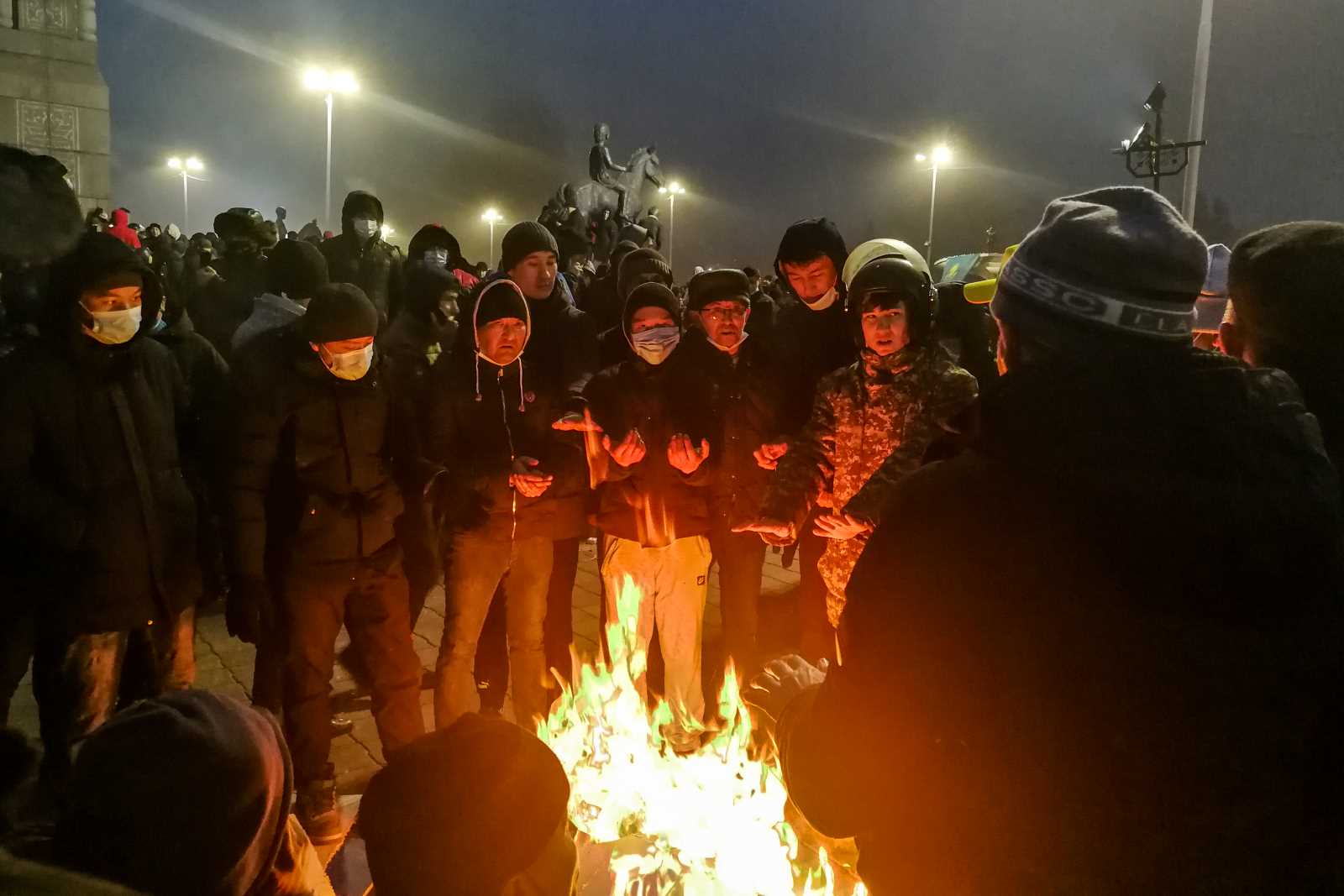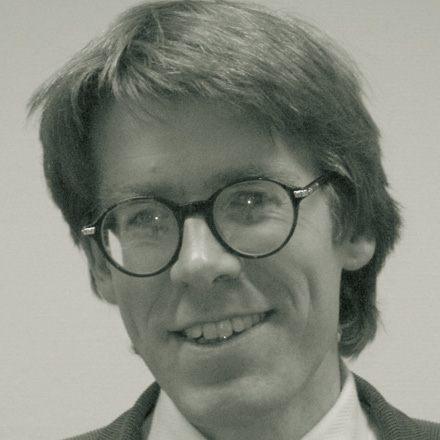Free speech
Protecting freedom of expression is a permanent challenge

For good reason, autocrats consider it a threat, and to feel safe, they resort to age-old repressive means. They bully independent media, detain opponents, ban civil-society organisations and apply censorship. In our time, the internet is increasingly affected too.
Democracies permit free speech, though not without limits. One person’s freedom must not harm others. Accordingly, libel laws make defamation illegal. For obvious historical reasons, praising Nazi rule is forbidden in Germany.
These laws, however, do not prohibit the kind of controversial debates that mark open societies. Democracies need that kind of debate. It is what allows citizens to become politically engaged in meaningful ways. The freedom to shape one’s opinion is as important as the freedom to express one’s opinion. People must have access to diverse information of high quality.
Therefore, quality journalism is indispensable. Its characteristics are factual accuracy, pluralistic perspectives and reliable indication of sources. Democracies must protect it from attacks. It is plainly unacceptable, for example, that journalists keep being murdered with impunity in Mexico. In Germany, things are comparatively good. Even here, however, reporters have become used to being insulted, threatened or even physically assaulted – for example, when they cover rallies of right-wing extremists.
In the virtual realm of the internet, standards are easily breached. Online trolls are known to hound minorities, spread fake-news propaganda and undermine reasoned public discourse. In many cases, democracy itself is under attack. The Capitol insurrection in Washington DC last year, for example, was organised on social media. On the other hand, platforms like Facebook, Instagram or Twitter also serve democratic purposes. That is the case, for instance, when civilians organise resistance to Myanmar’s military junta online (on the ambivalence of social media in the Philippines, see Emmalyn Liwag Kotte on www.dandc.eu).
Those who are fortunate enough to live under democratic rule should support those who fight for more freedom under authoritarian rule in a spirit of solidarity. However, it is just as important to defend the freedoms of shaping and expressing opinions in places where the law guarantees free speech. Independent journalism deserves appreciation and support, and for that to happen, citizens must be media-literate (see Ronald Ssegujja Ssekandi on www.dandc.eu). They must be able to tell serious sources of information from dubious ones.
Rule-bound governance is needed too. State agencies must be enabled to hold social-media platforms accountable for the content they publish. So far, these platforms are providing excessive space to those who distort facts, insult others and spread hate. Unfortunately, far too many people do not understand that what gets displayed on their screens depends to a large extent on corporate algorithms. The business models of social-media platforms are designed to maximise profit, not to serve the common good. We cannot trust them to safeguard without bias our liberty to inform ourselves and express ourselves. This is a permanent challenge. Democratic states and their citizens must rise to it. Every day.
Jörg Döbereiner is a member of the editorial team of D+C Development and Cooperation/E+Z Entwicklung und Zusammenarbeit.
euz.editor@dandc.eu











